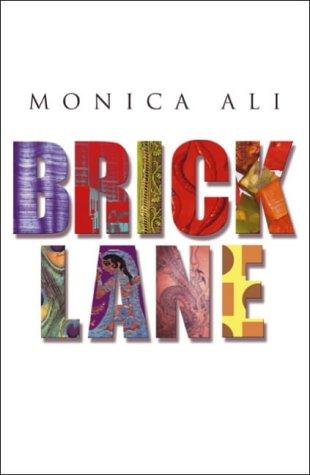Let me introduce my friend Shahnaj: Sylheti origin, South East Kent residing, hijab wearing, fish curry loving, hippie artist. We met at a party at college and I was immediately drawn to her paint splattered jeans and her ethnic jewelry - she was erratic and all over the place, spoke an excited British-English to her friends and a loud Anglified-Bengoli to her family. She was proud of who she was and where she was from, grew up in a predominantly white community as "the only Indian family in Folkestone". And she came from a big stereotypically Bengoli family - father owned an Indian restaurant, mother was quiet and always in the kitchen, lot's of siblings and lot's of in-laws straight from Bangladesh, all under one roof. From the outside, her house looked like any other house on a quiet suburban street, but when the front door opened the smells of freshly ground spices wafted into the street and the chatter of a foreign language with English words thrown in would stop those unfamiliar with the Islam family in their tracks - others just walked on.
I miss my friend Shahnaj. She showed me a culture I was oblivious to, the "Asians" of England. They all spoke English to each other but their mother tongue with their mothers, they knew the insides of Green Street and Southall and they had community gatherings every so often that were filled with music, gossip and gorgeous food. Perhaps I am lucky to have such ethnic looks to have easily blended in the background of Shahnaj's busy household, but I am even luckier to have made such a good friend whose family took me in and showed me what made them different from the Pakistanis, Indians, Sri Lankans and definitely the English. Spending time with them involved dressing me up, forgetting I didn't speak their language and a lot of "Gi Khala" and nodding on my behalf to old aunties who pinched my cheeks - it was always good fun.
I picked up Brick Lane by Monica Ali because I had always seen it on Shahnaj's bookcase but never read it. Upon reading it, I only hoped that it had some good descriptions of Brick Lane and East London and it did far more than that - it painted a beautiful story of a young girl's life and a funny but scarily accurate rendition of living as an Asian in East London.
The book tells the story of Nazneen, a "good Bengoli wife" brought to England to marry Chanu, overzealous council worker who recites English literature at any given moment and teaches his childern about the national symbols of their homeland Bangladesh. Nazneen plays the role of the dutiful wife and mother, sometimes an outsider London but through her Bengoli roots she finds a role in the Asian community of Tower Hamlets. The story goes back and forth between her memories of growing up in a village in Bangladesh and her life as a mother to second generation British Asians. Her pull to her homeland remains with letters from her sister Hasina describing the turbulent life back in Bangladesh and her involvement with a young Bengoli activist who captures her heart.
The story is that of love, betrayal, family ties and the need to belong to a world that any reader could recognise. Ali's descriptions of walking through the neighbourhoods of East London are spot on down to the Indian shop keepers outside their windows and the teenage boys smoking on stairwells. Through her descriptions of London and Bangladesh you are taken to a busy city or the dusty village alike in such a sweet and humble manner. The story is captivating to anyone because of its painfully funny descriptions and sweet story telling nature. Even the events which are somewhat dark are written in such a simple, matter of fact way and Ali shows an extreme comparison between the lives of characters without it seeming so alarmingly disturbing to the reader but hopeful that different lives take different paths.
The characters are charming in their own way: Chanu with his corns and bulging cheeks touches your heart somehow, Shahana and Bibi, the rebel and dutiful daughters, reach out to you by how they become less traditional in times when they don't want to wash their hair with fairy liquid anymore and want to use shampoo. You sympathise with Razia, the chain smoking neighbour in a union jack t-shirt, and her problems with her son Tariq and Mrs. Islam reminds you of the creepy old woman who carries a miniature pharmacy in her handbag and coughs orders to her sons.
The film was released earlier this year, I would have liked to see it and now that I've read the book I think I will duly enjoy it. Monica Ali was picked by critics before her book was even published and for a very good reason: Brick Lane is an enjoyable read and although there is little character progression and the story doesn't come to a big-bang ending, it leaves you feeling light heartened and again, hopeful, for the characters who you could see in real life one day walking down Brick Lane.




